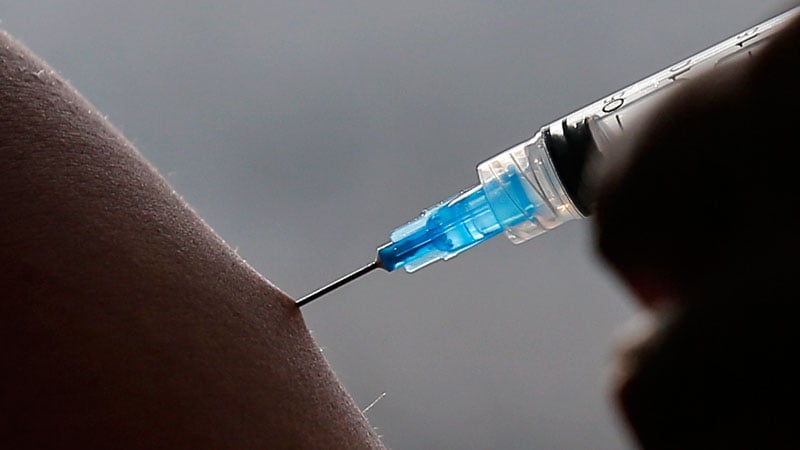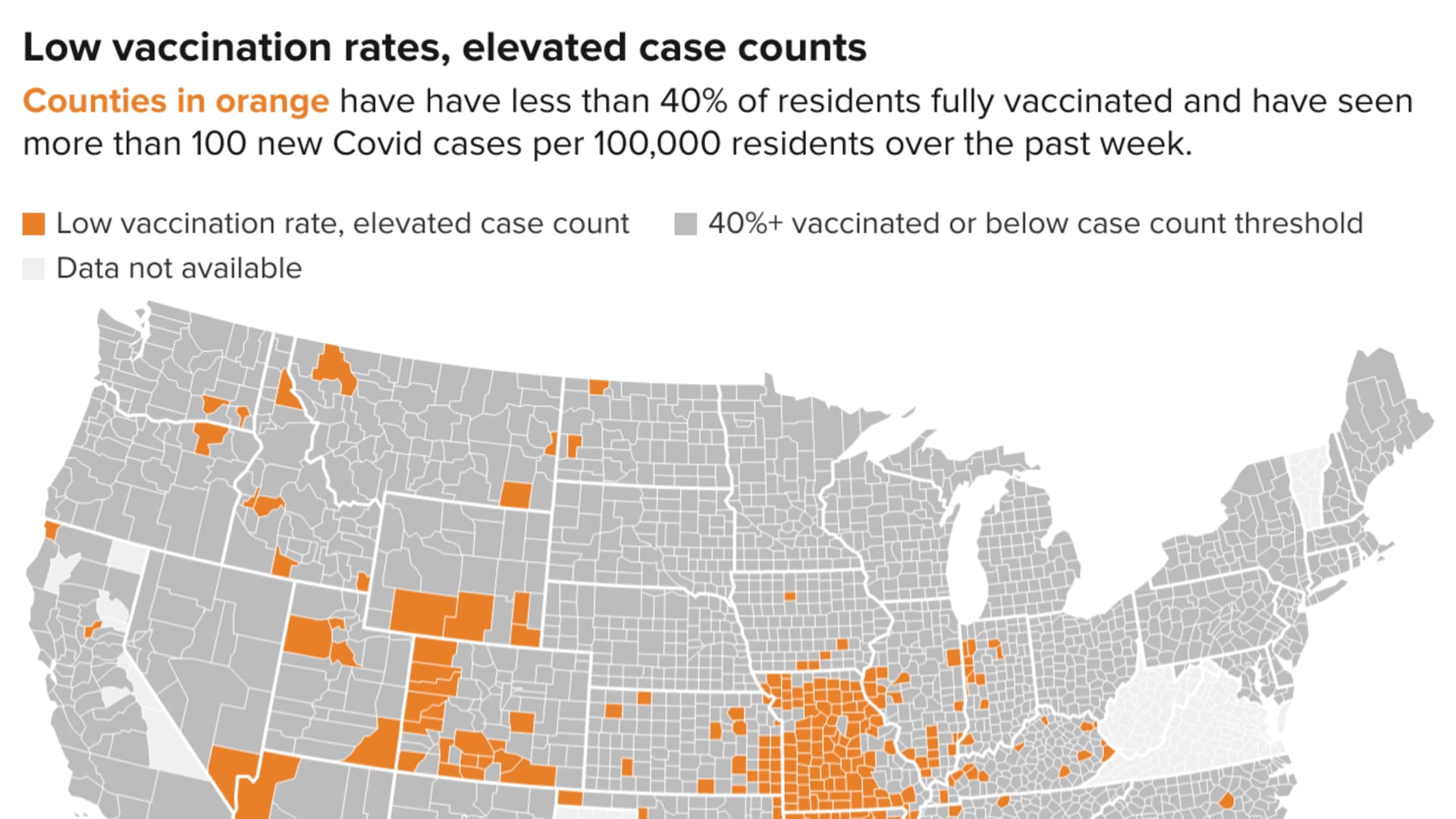Disclaimer: I'm probably going to post a handful of posts following this one. I'd rather reply to each individual point with a post and not have something get buried in one long gigantic post.
I have not been able to find the data from this current week on this Israeli site. It is possible that I shared bad data there. It appears that data updates weekly per their databases, so I might be able to parse through and find this on Sunday/Monday. One thing I've tried to do is always include the actual data, and I did not take the time to confirm this one, so that was my mistake. Right now I'm looking at the week 7/4-7/10, and I'm unable to find the exact statistic I cited for this past week. I have however found statistics for general hospitalizations, and during the week of 7/4-7/10, approximately 70% of the hospitalizations were among fully vaccinated individuals. I say approximately because if 1-4 hospitalizations occur in an age group, it is listed as "<5", so I'm unable to add up the exact numbers. This causes this number to fall somewhere in the 61-80% range. With hospitalizations increasing more this week, these numbers should be larger and the uncertainty range smaller for the 7/11-7/17 week, so I'll update that on Monday.
Your earlier point about 52% of the cases being in ages of 19 and under is true, and certainly could be a major driving factor there. One concern I have with the Israeli data though is that in cases of people aged 20 and above, there is no statistical improvement in cases among those vaccinated and those not vaccinated. One would think there would be some difference between the two groups if the vaccine is effective at preventing cases. Of those remaining 48% of cases, the amount of cases are almost directly proportional to the % of people vaccinated in those groups. I think this is a cause of concern. Once again this is the week of 7/4-7/10, so we'll see what the data looks like next week as more data will be available since they've had a lot more cases this week.
View attachment 10009
The natural infection information was based off of the same information as above, I'm trying to locate where in the database this is shown so I can replicate it. I'm going to come back to that so that I can respond to other points. I think your last sentence is not supported by all the statements I've previously made on the vaccine. I'm far more pro-natural immunity than anything (meaning those with previous infection should be treated the same as a fully vaxxed person) Here's a post I made to the Matthew70 guy during his time.
I hope they are as effective as they are made out to be, particularly for severe illness and deaths. I'm concerned with some of the data I see from Europe and Israel that they don't limit the spread nearly as much as we had hoped. I hope that the data over the coming weeks from there shows a significant improvement in the severe illness/deaths, even if it isn't as effective as hoped against the actual spread. My intention is only to go where the data leads and to comment on that.
To answer your question, no I'm not vaccinated. I'm pretty sure I've also said that a few times in the past, it isn't new news. I had a mild case of it second half of 2020, I'm relatively young and in good health, I don't think there's a significant benefit to me getting the vaccine.
To be quite honest, I think the natural immunity discussion is a red herring at best. Most people don't have natural immunity. There's limited evidence on the durability and effectiveness of natural immunity when compared to vaccines. And, I'd say it is pretty obvious that natural immunity isn't available to most people so there's little reason to even compare it to vaccination in the first place.
The reason we have dozens of effective vaccines for other dangerous communicable diseases is because any consideration of waiting for natural immunity when it comes to polio, diphtheria, whooping cough, tetanus, hepatitis, measles, mumps, and chickenpox is outright foolish.
Why would anyone want to risk hepatitis, polio, tetanus, measles, or chickenpox when all of those easily preventable diseases can cause long-lasting, if not permanent, damage? Whereas the vaccines for each of those diseases have extremely minimal side-effects. I don't know of a single person who's ever had any kind of serious vaccine side-effect, but I know plenty who've had hepatitis, shingles, and polio. I myself have had Hepatitis A and shingles, and I wouldn't wish either on anyone. It's a shame the hepatitis A and varicella vaccines weren't available for me as a part of my childhood immunizations.
I don't understand the idea that natural immunity is all that is needed. As soon as I'm eligible for the shingles vaccine I'll get it. Thankfully my children never have to worry about it since they received varicella vaccinations. If I let them get chickenpox then they'd be susceptible to shingles unless/until they got a shingles vaccination.
We know the COVID vaccines are not perfect. But there's already plenty of studies showing the vaccine is SAFE and improves immunity in those who've already had COVID. You say you're relatively young and in good health. Well, it's also quite true that due to my age and health I'm much more likely to survive a head-on collision than someone over 65. I'm more likely to survive a hard punch to my jaw as well. But, that doesn't mean I forgo a seatbelt or go around picking bar fights. If immunity is improved by being vaccinated, whether previously having had the vaccine or not, then why would somewhere forgo it just because they're at less risk? I'm at less risk of a house fire or theft than many people in the United States, but I still have homeowner's insurance. It's highly improbable my home will get hit by a tornado, but on April 27th I had over 80k in damage to my house. Thank goodness I had homeowner's.
There's no way to prevent all risk. Vaccination is a risk mitigation strategy just like having insurance is. However, if I don't have insurance, it's still pretty unlikely I screw anybody over. Yet, there remains a reason why mortgage lenders mandate it and so does the state for automobiles. Because it's not just about my own personal risk. It's about the risk to others. That's what has been missing in most of these conversations about the vaccine. I have an Uncle at UAB in the Oncology unit right now. He's as Conservative at they get. Loves Trump. But he'll demand that you wear a mask around him regardless of whether you've been vaccinated or not. When you've endured numerous surgeries and multiple rounds of chemo and radiation for stage IV cancer you tend to think someone having to wear a mask and get a shot ain't such a big deal. Vaccination, whether or not someone has immunity, isn't solely about one's own personal risk. It's about the risk posed to others. And if you can reduce the risk you pose to others why wouldn't you want to do so?
People think politics are going to control what happens over the next few years, but politics isn't nearly as powerful as money. More and more businesses are going to mandate the vaccine for their employees. It has nothing to do with someone's individual rights. No one has a right to a job. No one has a right to expose their colleagues to a communicable disease. It won't be long before we start seeing the first employers held responsible liability wise for an employee's, customer's, or vendor's serious illness or death. Money drives our society. Unless one signs the checks then one doesn't make the rules. There's plenty of business owners or executives who've had or have cancer, have a family member suffering from it, or simply want to protect all their employees from COVID.
People can fight it all they want but vaccine mandates are going to grow. Employers have a right to enforce rules related to a healthy and safe workplace. The EEOC has said COVID vaccines may be mandated in all but rare situations. Once the vaccines transition from EUA to full FDA approval we're going to see companies rapidly implement mandatory vaccination for COVID or de facto vaccine requirements.
Want to come into the office, participate in a training, or attend a conference? Want to work at the majority of our customer's facilities? Proof of vaccination is required. There's a variety of ways to mandate vaccines without actually doing so. Money will always override politics. Besides, if a handful of employees aren't willing to partake in something that is safe and effective that protects their colleagues and the company then do you really want them as an employee? It's coming whether people like it or not.
I find it amusing that anyone is that worked up about avoiding something that is so simple, safe, and effective. It's like the people who swore they'd never wear a seatbelt because they wanted to be thrown clear from their vehicle or simply because the government said they have to. OK, more power to ya. Does anyone seriously argue that seatbelts aren't safe and effective?












